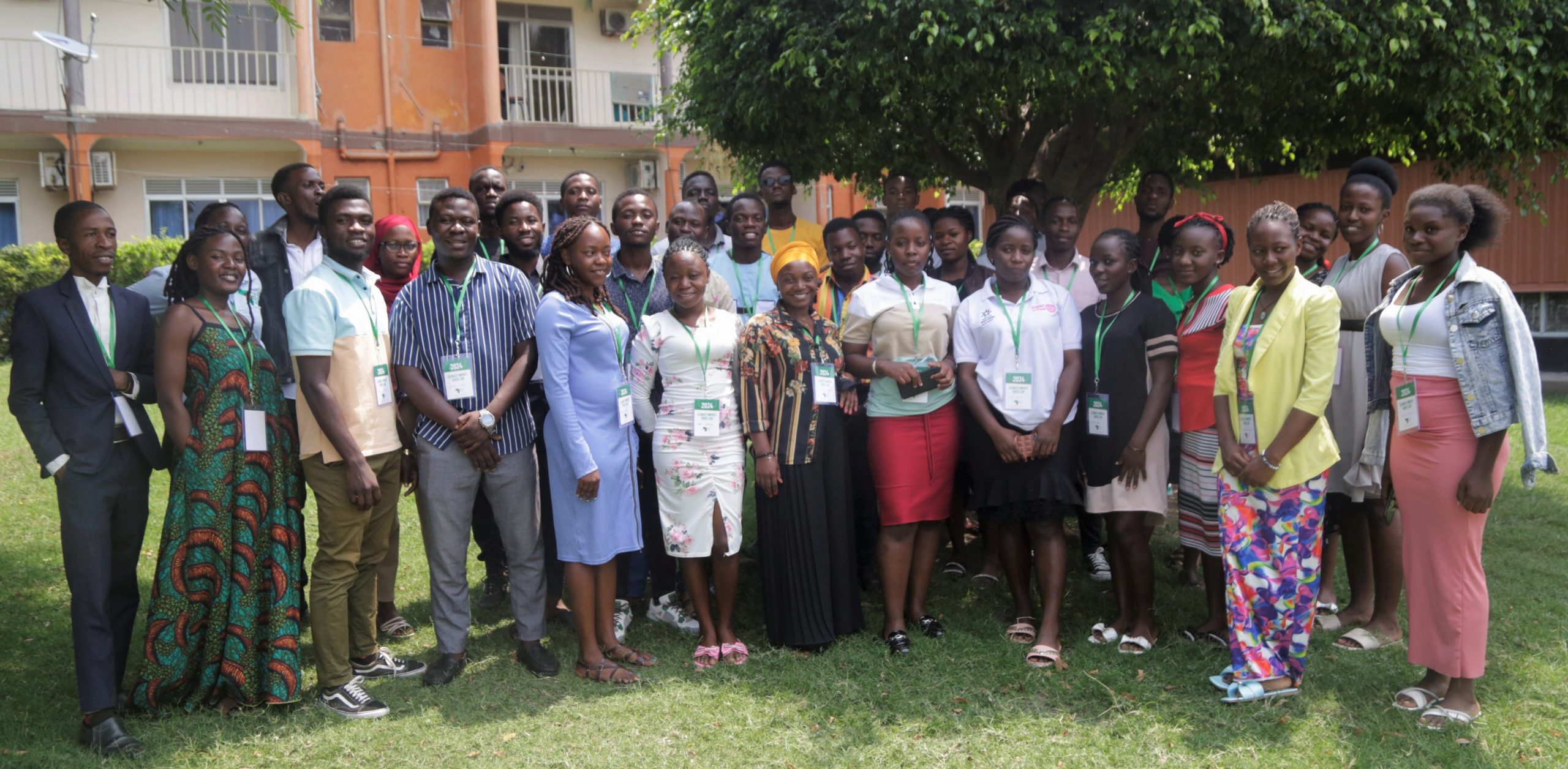Uganda’s commitment to combating climate change and achieving energy independence is driving a remarkable transformation in its energy sector. As the nation embraces renewable energy sources, a diverse and promising career landscape is emerging. This burgeoning sector offers a wide array of opportunities for skilled professionals, contributing to a cleaner environment, energy security, and economic growth.
Solar energy is at the forefront of this transformation. With abundant sunshine, Uganda is harnessing solar power for various applications. Solar photovoltaic (PV) engineers design and optimize solar systems, ensuring maximum energy yield. Skilled solar technicians install and maintain solar panels across the country, expanding access to reliable electricity. Meanwhile, solar sales and marketing professionals promote solar solutions, driving the adoption of this clean energy source.
Uganda’s wind resources, particularly around Lake Victoria and in mountainous regions, are being tapped for wind power generation. Wind turbine engineers are responsible for designing and constructing turbines adapted to Ugandan wind conditions. Wind resource assessors determine optimal locations for wind farms, maximizing energy output while minimizing environmental impact. Skilled wind turbine technicians ensure the continuous operation and maintenance of these turbines.
Hydropower, a cornerstone of Uganda’s energy mix, continues to play a crucial role. Hydropower engineers design and oversee the construction of dams and power plants, such as the Karuma and Isimba projects, which significantly contribute to the nation’s electricity supply. Electrical engineers specializing in hydropower ensure the efficient generation and transmission of electricity from these plants. Environmental scientists assess and mitigate the environmental impacts of hydropower projects, ensuring sustainable practices.
Uganda’s agricultural landscape offers ample opportunities for bioenergy production. Agronomists work with farmers to cultivate bioenergy feedstocks like sugarcane and maize, balancing energy needs with food security. Biotechnologists develop innovative processes for converting biomass into biofuels such as ethanol and biogas, contributing to cleaner energy alternatives. Environmental scientists ensure that bioenergy production adheres to sustainable practices, protecting the environment and livelihoods.
While still in its early stages, Uganda is exploring geothermal energy potential. As this sector develops, it will require geologists to identify promising geothermal sites, geothermal engineers to design and construct power plants, and geothermal technicians to operate and maintain these facilities.
Beyond technical expertise, Uganda’s renewable energy sector needs project managers to oversee the planning and execution of projects, financial analysts to evaluate their economic viability, and energy policy analysts to advocate for a supportive regulatory environment.
In conclusion, Uganda’s renewable energy sector is a dynamic and growing field with diverse career paths. From engineers and technicians to project managers and policy analysts, skilled professionals are essential to drive the nation’s transition to a sustainable energy future. By embracing these opportunities, Ugandans can contribute to a cleaner environment, energy independence, and economic growth.



